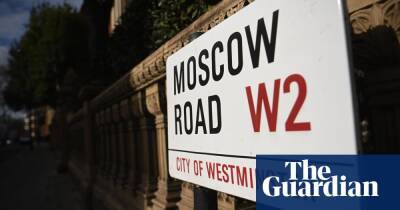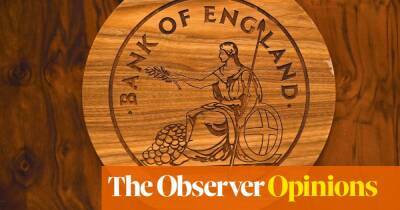The UK government is balancing its books on the backs of the poor
In a modern-day twist on the age-old riddle: which came first?
The cold, damp housing forced on people with the lowest incomes across the private rental sector or the upswing in respiratory illnesses?
The lack of funds for a nourishing and balanced diet, or malnutrition and the return of Victorian-era illnesses such as rickets? The deliberate policies of penury and deprivation over the last 12 years of Conservative-led rule, or the emaciated bodies of those left to rot by the ideologues of unnecessary austerity?
Numbers are cold, stark and loveless things; it’s easy for those in the halls of power to disassociate from a statistic and forget that each and every one of those numbers represents a hungry, traumatised, exhausted human being.
Every one of the 3.8 million disabled people struggling to meet their most basic needs, the 4.3 million children and their parents living in poverty and the millions of people in work and yet are still scrabbling to survive.
The Trussell Trust has consistently reported, for the last 10 years, that more than half the people referred to its food banks for emergency aid are there because they are in debt to the Department for Work and Pensions (DWP). Those numbers have steadily increased year on year; not, as some MPs claim, because availability of food banks has increased. Food banks expand according to the need for them, not the other way around.
Speaking on the BBC’s Politics Live on Wednesday, business minister Paul Scully claimed that the government was not going to balance the books of the economy on the backs of the poorest and most vulnerable. And I – who had only been sneaked on to the panel at the last minute after the work and pensions select committee meeting over the road – could
Read more on theguardian.com




















